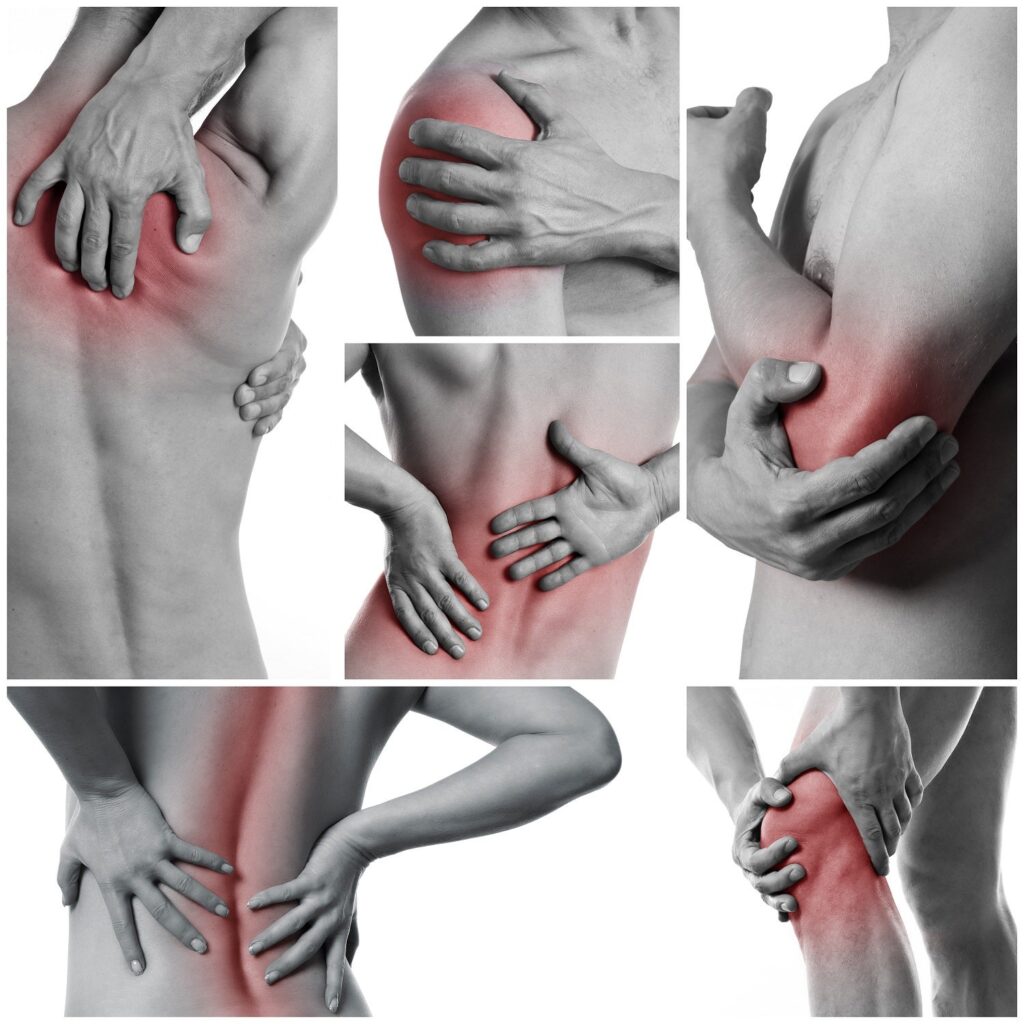Your mind can cause pain that is not caused by a physical source or any preexisting pain , it can increase or linger for a long time. This is referred to as psychogenic pain. This occurs when the pain is related to any psychological, emotional, or behavioral factors.
Headache, back pain, or stomach pain are the most common types of psychogenic pain. It may occur in people suffering with a mental disorder. It is accompanied or is induced by social rejection, broken heart, grief, or other such emotional events.
People suffering with a psychogenic pain disorder complain of pain that does not match their symptoms. Psychogenic pain is not usually used as it is based on inability to find any medical condition causing the pain.
It is now known to doctors that chronic pains are caused due to changes in the nervous system instead of an illness or damage to the body. Thus, the normal tests and exams are no longer considered as evidence of the pain caused by psychological factors.
Most common type of psychogenic pain is headaches, muscle pains, back pain, and stomach pains. Psychogenic pain is usually more difficult to treat than nociceptive pain or neuropathic pain as the exact cause of the pain is not known. Non-pharmaceutical treatments are more effective than medical treatments.

TRIGGER OF PSYCHOGENIC PAIN DISORDER
Psychogenic pain includes both short and long-term attacks of pain that occur due to some underlying psychological disorder, instead of some immediate physical injury. The pain is very real and painful for those suffering from psychogenic pain. Psychogenic pain is categorized as:
Acute – It is the pain that spikes briefly and then subsides.
Chronic – It is the pain that persists and reoccurs over the course of weeks, months or sometimes even years.
The pain is triggered due to psychological factors like anxiety disorder, bipolar disorder, depression, obsessive-compulsive behavior (OCD) or panic attacks. In some cases it can also be triggered due to some previous injury which has not fully healed. The emotional issues are caused from the pain and intensify if the underlying physical cause of the pain is not treated.
The psychological issue causes the patients to feel exaggerated and more intense pain in comparison to the level of physical injury or disease. Though their sensations of pain are real, the underlying mental condition plays an important role in intensifying the pain.
The body keeps memory of the previous pain which is a condition that causes the nervous system to cling onto the pain even after the injury has healed completely. The pain could also be caused due to signals getting confused within the brain.
The pain sensations and its location in the body are sent through the nerve receptors which transmit information to the spine and then send it up to the brain.

SYMPTOMS OF PSYCHOGENIC PAIN DISORDER
The pains can range from mild to severe and intensify as dull or sharp. Psychogenic pain causes the following symptoms:
- Constant discomfort even after taking medication
- Difficulty identifying the location, quality and depth of pain
- Non-localized pains that cover larger parts of the body
- Worsening of the pain without any underlying medical condition.
If there is no physical condition that causes the chronic pain, it is diagnosed as psychogenic pain.
The pain due to emotional factors usually starts with the orofacial region. Some of the common facial complexes like myofascial pain dysfunction syndrome, atypical facial pain, atypical odontalgia and oral dysaesthesia are triggered due to psychological factors.
DIAGNOSIS OF PSYCHOGENIC PAIN DISORDER :-
The physician would examine the cause of the pain to determine if it is physical or neurological in origin. It is important to determine the psychological factors that contribute to the onset, severity, and exacerbation of the pain.
The diagnosis of psychogenic is done when all other causes of pain are ruled out. Doctors would recommend various tests like blood tests, X-ray, MRI etc. to rule out the pain is caused due to other medical conditions. Once all the medical conditions are ruled out and the pain still persists the doctor would classify the pain as psychogenic pain.
TREATMENT OF PSYCHOGENIC PAIN DISORDER :-
The goal of treatment is to deduce the symptoms and improve the ability to function in daily life. Psychogenic pain is challenging to treat as the pain is not due to any medical condition.
The mental healthcare provider along with medical physicians helps to treat the condition. Psychotherapy referred to as talk therapy, can be helpful for psychogenic pain disorder. The doctor would also prescribe medications to treat symptoms associated with the pain.
Psychotherapy – Pain could alter the personality, disrupt sleep, and interfere with work and relationships. This is a safe, non-drug method to treat the pain by reducing high levels of physiological stress that aggravates the pain.
Talk therapy – This provides the support and counseling by the psychiatrist or psychologist.
Relaxation training – This deep relaxation is associated with healing and pain reduction.
Stress management – Stress aggravates the pain. Stress management treatment helps in understanding the relationship between stress and pain as well as teaches the ways to reduce stress and eases the pain.
Pain coping skills – It is important to adopt ways to live with the pain by reducing the intensity of pain and continue daily activities with ease.
Antidepressants – These help in balancing the levels of neurotransmitters. These chemicals are responsible for communications of neurons in the brain which include serotonin, dopamine and norepinephrine. Higher levels of neurotransmitters correspond with lower levels of depression. These are also proven to reduce pain apart from treating depression.
Anticonvulsants – These medicines have analgesic properties by blocking the activity of sodium channels and stabilising the presynaptic neuronal membrane. It helps in decreasing the production of neurotransmitters and reduces the damage or recovery of nociceptive fibers. Commonly used anticonvulsants are Phenytoin or Carbamazepine.
Non-narcotic painkillers – The main symptom is pain all over the body without any medical condition diagnosed. Painkillers available over-the-counter like acetaminophen and NSAIDs (Non-steroidal anti-inflammatory drugs) reduce fever as well as relieve pain which is caused by muscle aches and stiffness.
Hot and cold application – Application of heat as well as ice pack to the area of pain would help in reducing the pain.
Electrotherapy – Transcutaneous Electrical Nerve Stimulation (TENS) helps in reducing pain using low-voltage electric stimulation which interacts with the sensory nervous system. This is proven to be effective in treatment of back pain.
Biofeedback – This is a pain management technique which provides conscious affect in involuntary bodily functions like heart rate, muscle tension, and blood pressure. This helps in controlling the bodily function to find the irregularity and helps in reducing the pain by making these functions normal.

OUTLOOK
Pain disorder usually can be prevented by early intervention. On the onset of pain or during the early stages of recurring pain it could be detected and treatment to be started. Early treatment will prevent the pain from worsening and the goal of treatment is to reduce pain and increase your ability to function as well as induce sleep and reduce stress.
If you or anyone you know is suffering from psychogenic pain disorder, our expert providers at Specialty Care Clinics will take care of your health and help you recover.
Call us on (469) 545-9983 to book an appointment with Dr. Rao Kamran Ali.
